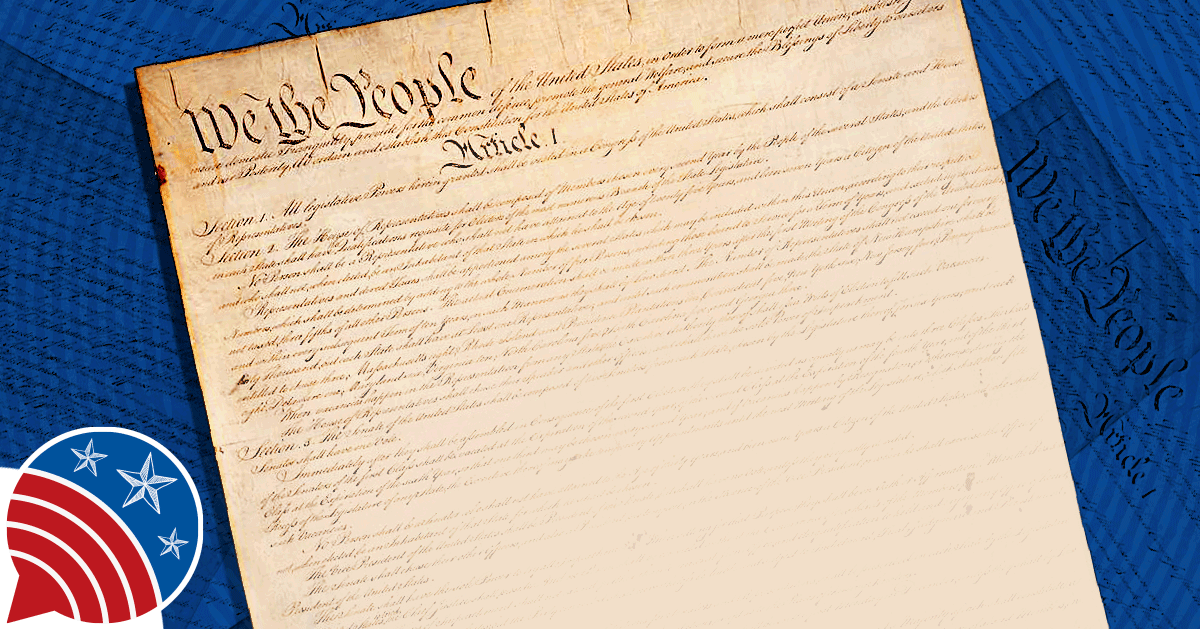
Principles of the Constitution
Podcasts & Videos
Major Issues of the Philadelphia Convention, Separation of Power: Principles of the Constitution, Part 2
- Watch and listen to the 60-Second Civics video below. If you'd like, you can also read along using the script that appears below the quiz. Or you can turn on the video's subtitles and read while watching the video.
- Take the Daily Civics Quiz. If you get the question wrong, watch the video again or read the script and try again.
Dr. Lester Brooks: Thank you.
Dr. Donna Phillips: Dr. Brooks, what were the major issues of the Philadelphia Convention?
Dr. Lester Brooks: One key issue was the introduction of two plans of government to the delegates of Philadelphia. One plan, drafted primarily by James Madison, was the Virginia Plan. A second plan drafted by William Patterson was the New Jersey plan. And the delegates would have to discuss these two plans. Another key issue would be the separation of powers. And instead of a unicameral legislature, as provided by the Articles of Confederation, there would be the separation of powers, a bicameral legislature.
Also, there would be an executive branch, legislative branch, and a judicial branch of government. So these two were key issues that are going to take a lot of discussion by the delegates at Philadelphia.
Dr. Donna Phillips: Great. Thank you so much for joining us, Dr. Brooks. That's all for today's podcast. 60-Second Civics, where civic education only takes a minute.






